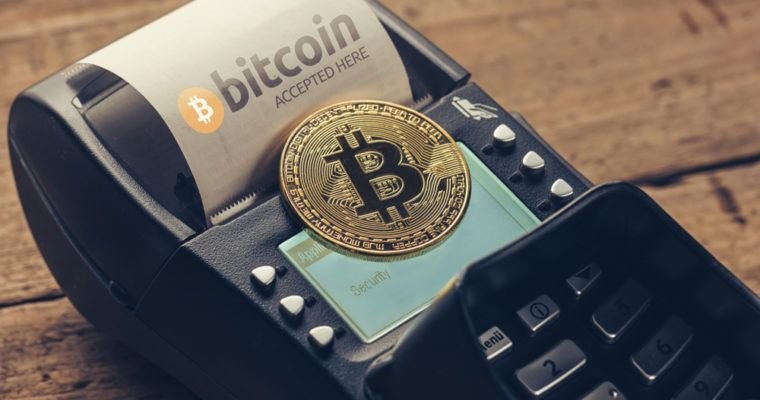
The bitcoin price is too volatile to make it a useful payment tool for merchants, PayPal CFO John Rainey claimed in a recent interview.
Source: CCN
Rainey made this claim during a recent episode of “Mad Money,” explaining that merchant margins are too thin to make bitcoin a viable payment medium.
You have a “10 percent margin on a product that you sell and you accept bitcoin, for example, and the very next day it moves 15 percent, you’re now underwater on that transaction,” he said.
Admittedly, bitcoin and cryptocurrency prices are a lot more volatile than their fiat counterparts. A 1% or 2% swing in forex is considered a major move, whereas a 15% bitcoin price movement is not extraordinary, although it has swung upwards just as quickly in recent years.
Rainey did go on to suggest that if merchant demand increased in the future, they would look at their bitcoin policy again.
When talking about the possibility of accepting crypto in the future, Rainey went on to say:
“You could have something that appeals to consumers, but if merchants don’t accept it, it’s of little value. Right now, we don’t see a lot of interest from our merchants. But if it’s something that stabilizes in the future and is a better currency, then we’ll certainly support that.”
PayPal’s Cryptocurrency Plans
PayPal CEO John Rainey says the bitcoin price is too volatile for merchants, but the company has won a patent for a cryptocurrency payment system.
Despite Rainey’s comments, an increasing number of companies accept bitcoin and cryptocurrencies as a payment method, primarily through third-party payment processors that convert the funds to local fiat currency at the point of sale to shelter merchants from price volatility.
Overstock was the first major retailer to accept crypto, and it continues to do so today. Expedia enables users to pay for hotels and holidays with bitcoin, and some Subway locations also accept the largest cryptocurrency. Many smaller stores accept bitcoin, as well, and the number of outlets, both digital and real-world, accepting additional cryptocurrencies like litecoin and ethereum also continues to grow.
Some PayPal founders and executives haven’t pulled their punches when talking about Bitcoin in the past. Founding CEO Bill Harris described Bitcoin as “the greatest scam in history” before claiming that it cost valuable natural resources, that almost nobody accepts it as a payment method, and that it has no intrinsic worth — arguments that the Bitcoin community have had to field for many years now.
Despite the bearish outlook of some executives, the online payment processor filed a patent in March this year for a system that would enable cryptocurrency users to swap private keys off-chain, rather than having to send coins over the network. The company is clearly keeping a keen eye on the sector, as it develops.